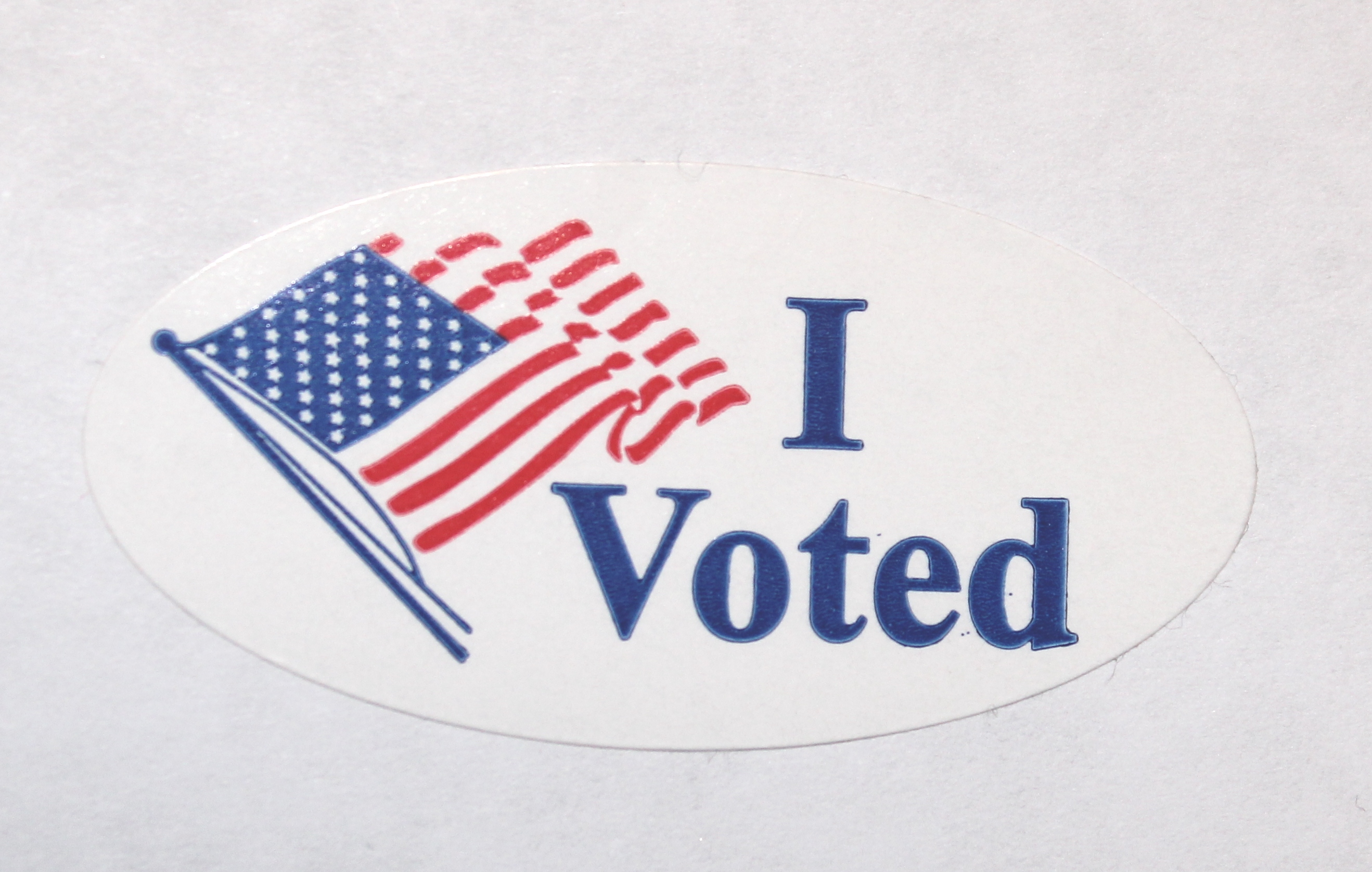Given the way this May’s mayoral election is shaping up, perhaps it’s time for Dallas to ditch its non-partisan (but actually quite partisan) approach to municipal elections. That was my takeaway from this Gromer Jeffers, Jr. piece from last week about the early, behind-the-scenes maneuvering of the many candidates vying for the city’s top job.
There are currently eight-to-ten announced or presumed mayoral candidates. They include Miguel Solis, Dallas ISD trustee; Mike Ablon, a real estate developer; Larry Casto, former Dallas city attorney; Albert Black, businessman and first African American head of the Greater Dallas Chamber of Commerce; Regina Montoya, the former senior vice president of Children’s Medical Center; and Lynn McBee, a philanthropist and recent Highland Park transplant.
Everyone assumes Oak Cliff council member Scott Griggs will announce his bid soon, and watchers also believe outgoing State Rep. Jason Villalba will run. Jeffers also throws Dallas Park Board President Bobby Abtahi and State Rep. Helen Giddings names in the might-runs hat for good measure.
With this kind of slate, we can predict a few things about the race.
The first is that whoever eventually wins will become mayor after receiving votes from a very tiny portion of the Dallas population. That’s because the mayoral election will almost certainly be decided in a runoff. None of these candidates have the name recognition to ensure winning 50 percent of the vote in the election. In a city that already boasts abysmal voter turnout for municipal elections, the two candidates heading to the runoff might capture only a marginal percentage of a low turnout. Then, the deciding vote will take place during a runoff that is sure to draw even fewer voters to the polls. It is possible the next mayor of a city of 1.3 million people will be chosen by a few thousand people, possibly at a margin of hundreds of votes.
The other thing we know about the mayoral race is that we will not have sufficient time to really parse-out where all the candidates sit on critical issues and what style, approach, and ideas they may bring to the table. There used to be a short-hand for figuring out a Dallas political candidate: just ask her what she thinks about the Trinity Toll Road. But with that issue behind us, it will be difficult to figure out how this many candidates really differ in their thinking and ability to tackle critical issues, such as housing, police, and transportation.
Instead, with a crowded slate, I expect an election in which we have numerous of candidates who essentially offer the same views on things, if only to make sure they stay in the pack and hold out hope of snagging enough votes to make the runoff. Figuring out how they will lead on the issues when they take charge of the horseshoe will be difficult.
This would all be different if there was a party system in Dallas municipal elections.
First off, parties would limit the number of candidates running in the general election. There would be a Republican and a Democrat candidate, and perhaps an independent, Libertarian, or other party candidate some years. This would allow for a clear, high-profile vetting of the candidates and a substantive debate around ideas for tackling critical issues facing Dallas. Political parties would also help to clarify where certain candidates stand on the issues, and the eventual winner would also carry the day knowing that they received votes from a significant portion of the city’s voters.
Parties would also help clarify some of the partisan political wrangling that already goes on in municipal elections. As Jeffers points out in his piece, the local Democratic and Republican parties already work behind the scenes to aid certain candidates. Turning municipal elections partisan would help bring some of this activity out of the smoky backrooms.
There could be other advantages as well.
Parties would also mean that candidates who hold similar views wouldn’t end up eroding each other’s base in the general election. Rather than splitting the votes of neighborhoods or coalitions, parties could help organize and focus this energy.
Because most recent mayors have been Democrats, you could argue that a partisan municiple election would only shift the “real” election to a Democratic primary vote. But that doesn’t have to be the case. The scale of local political elections might mean that other political parties not represented in the state or national levels could emerge as contenders on the local level. You see this in other cities where candidates associated with various parties–Greens, Social Democrats, etc.–that situate further to the left or right of the Republican/Democrat binary have had success in municipal elections.
Partisan elections could also help strengthen Texas’ political parties. Local elections could serve as ways to build grass-roots networks, volunteers, support, and elections apparatus that could be employed in other state and national elections, bringing new energy and ideas and closing the gap between grass-roots activism and party leadership.
Parties would also ensure that certain interests can’t use a negative election strategy of fielding an ever-growing list of candidates to dilute the voting base in hopes of being able to snag a win while only earning a relatively small percentage of votes.
There is a silver lining to this year’s long list of mayoral candidates. The fact that so many candidates are running can be seen as an indication of the depth of leadership talent and an enthusiasm for the city at a critical moment in its history. The increased diversity of ideas and styles offered by these candidates points to a moment political maturation in Dallas.
That’s another reason to consider political parties in municipal elections. Non-partisan municipal elections are a holdover from an older time, when city officials were de facto appointees of the business elite. If Dallas is going to really mature politically, it should embrace the power of political parties to clarify the political process.





